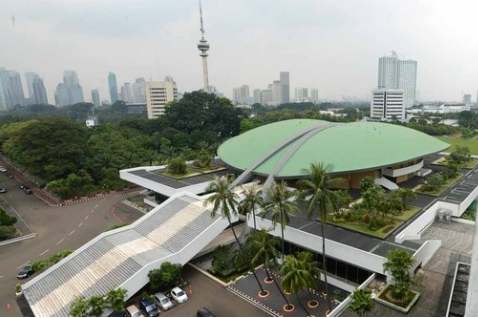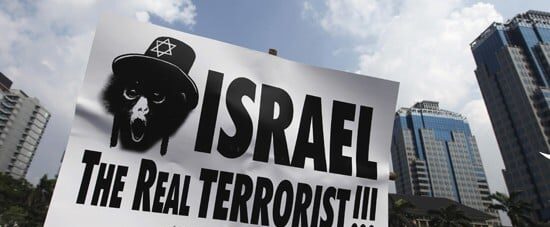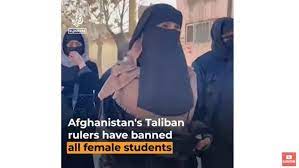
STRATEGIC ASSESSMENT. Law and Human Rights Ministry Acting Director General Dhahana Putra on Thursday guaranteed that there is no overlapping rule between the new Criminal Code and other laws. He mentioned that there are five crimes with special or certain qualifications, such as narcotics, terrorism, corruption, and money laundering. He said the Criminal Code indeed does not regulate the authority, but the offenses.
Institute for Criminal Justice Reform (ICJR) Executive Director Erasmus Napitupulu on Friday said the adoption of the death penalty as outlined in the Criminal Code was only seen as a moderately progressive step. According to the new Criminal Code, if death convicts behave well, complete all programs, and are judged to be able to change, the death penalty will be automatically changed to other punishments. He believes that this is a good mechanism and a progressive step toward eliminating the death penalty in Indonesia.
Acting Director-General Dhahana Putra said that his ministry would not back down if there were people who objected to a number of articles in the new Criminal Code. Before doing so, it is hoped that the public will fully comprehend the new Criminal Code so that they will not be misled.
According to, Michael Vatikiotis, senior adviser at the Centre for Humanitarian Dialogue and author of “Lives Between the Lines: A Journey in Search of the Lost Levant.”For as long as Indonesia has been independent, there has been a gargantuan struggle for the soul of the nation. Until recently, this looked primarily like a contest between an authoritarianism rooted in the ancient Javanese Hindu-Buddhist kingly tradition and modern ideas of democracy and equality which drove a remarkably robust transition to democracy in 1998.
“However, controversy over the new criminal code passed by parliament earlier this month has revealed an existential struggle between the mostly Javanese forces of indigenous syncretic tradition and the narrow, conservative strictures of imported orthodox Islam. Most commentary on the new code has focused on the regressive nature of its stipulations on issues of sexuality and freedom of expression and the threat it poses to religious minorities” Michael Vatikiotis said
Then he further explained that less discussed is how these relate to the country’s long battle over its cultural and religious identity. There are three sides to this contest. On one sit the liberal roots of Indonesia’s modern statehood, forged in the fires of anti-colonial armed struggle and influenced by European socialism. Indonesia is unlikely to go down the path of Iran’s Islamic Revolution, where popular resistance to the stern rule of the ayatollahs indicates that a cultural struggle is also underway.
“But Southeast Asia’s most populous nation could soon resemble Turkey, once staunchly secular, where a ban on students wearing the hijab has been lifted and the government has tried to cap interest rates, citing Islamic law,” he said.
The Editor has underlined that the the new Criminal Code is progressive, positive and brilliant vision from the Indonesia’s government to protect their national norms, values and concensus because the government has seen that many of types global interfere on several issues in Indonesia, because of that the global especially western countries, western institute and western academia resistance to the new Criminal Code are not essentially to responds by the Indonesia’s government, because its probable they have future agenda in Indonesia especially targeting youth community and others vulnerable community.







